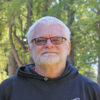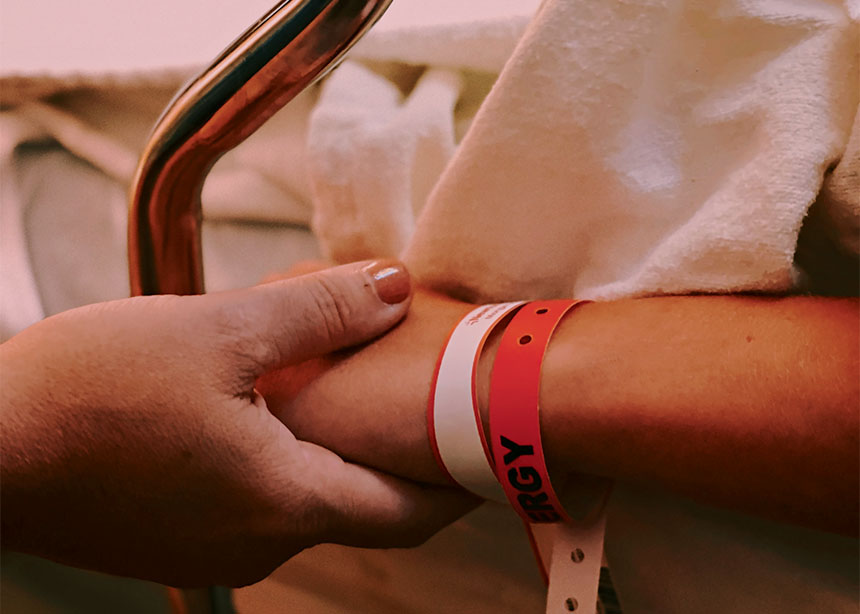My sister Helen is a retired nurse who spent much of her career working with palliative patients. In the last few years of her working life, she encountered medical assistance in dying (MAID). Though it was a steep learning curve for everyone on the floor and was seen by some as being very much at odds with what palliative care is about, Helen counted on her sense of curiosity to lead her into the process.
Eventually, she was allowed to be present when several of her patients carried out their final wish to die, aided by supportive professionals.
Certainly, there’s been resistance to MAID. A chaplain at a seniors home was reported to have told folks that MAID is simply about “children wanting to get at their parents’ money sooner.”
Helen’s passion was engaged. She did some research and soon let it be known that she was willing to speak to groups about MAID. Her presentation would be information-based: what are the regulations, what are the criteria as decisions are made as to whether patients will indeed qualify? Also, Helen told stories of people she has encountered in the process: people who requested MAID, their support-givers and the folks who administer the drugs that are used. All the people involved are treated gently in her stories.
There is nothing in Helen’s presentation that is morals-based, nothing that points to the “right” response or the “biblical” response. Contrary reactions to the concept of assisted dying are respected, as are all comments.
Helen has presented her MAID topic about half a dozen times, and interestingly, each of them has been to a faith-based, largely Mennonite, audience. She does not approach her topic as a faith-based conviction but is totally fine if others do.
I have been present at about half of those presentations, both as support for Helen and because I too carry that family curiosity for concepts seen as “out there.”
In my extended family, choices have been made to end lives through MAID. Others are firmly opposed. It’s all good. One of the passions that Helen brings to her conversations is a conviction for patient autonomy. Ultimately, the one looking at ending his or her own life should be the decision-maker.
That being said, certainly there is an extensive screen through which a person requesting this process must pass. There are many questions, hard questions, crucial questions. Helen and I have often talked about feeling assured that the criteria to use this service should always be difficult. The screen needs to have small holes. As the conversation grows to wonder how people with mental health issues might fulfill the criteria, slow and thoughtful discernment is needed about how the screen is designed.
I’m comfortable with a health care system, including the political component, that is showing leadership in this complicated topic. I’m not sure if I would choose to die by intentional choice, but I appreciate that choice. I have loved ones around me who deal with quality-of-life issues far harder than my own. I am at peace with them having this option, without being held captive by a notion of what God decrees.
The bottom line, given all the filters that are in place, is that the decision be left to the person who is considering MAID. It isn’t for a spouse, children, siblings, parents, loved ones to hold controlling opinions. That’s when it gets messy; that’s when the outcome will be unhappy.
Perhaps we sell ourselves and our spirituality short when we are swayed by another’s insistence that God opposes MAID. Our insistence ignores the quality of life that is someone’s reality and fails to respect the spirituality of the one on that journey.
Our God is about compassion and love. Let’s live that.
Ed Olfert lives in Laird, Saskatchewan, and can be reached at p2peho@gmail.com.








Leave a Reply
You must be logged in to post a comment.